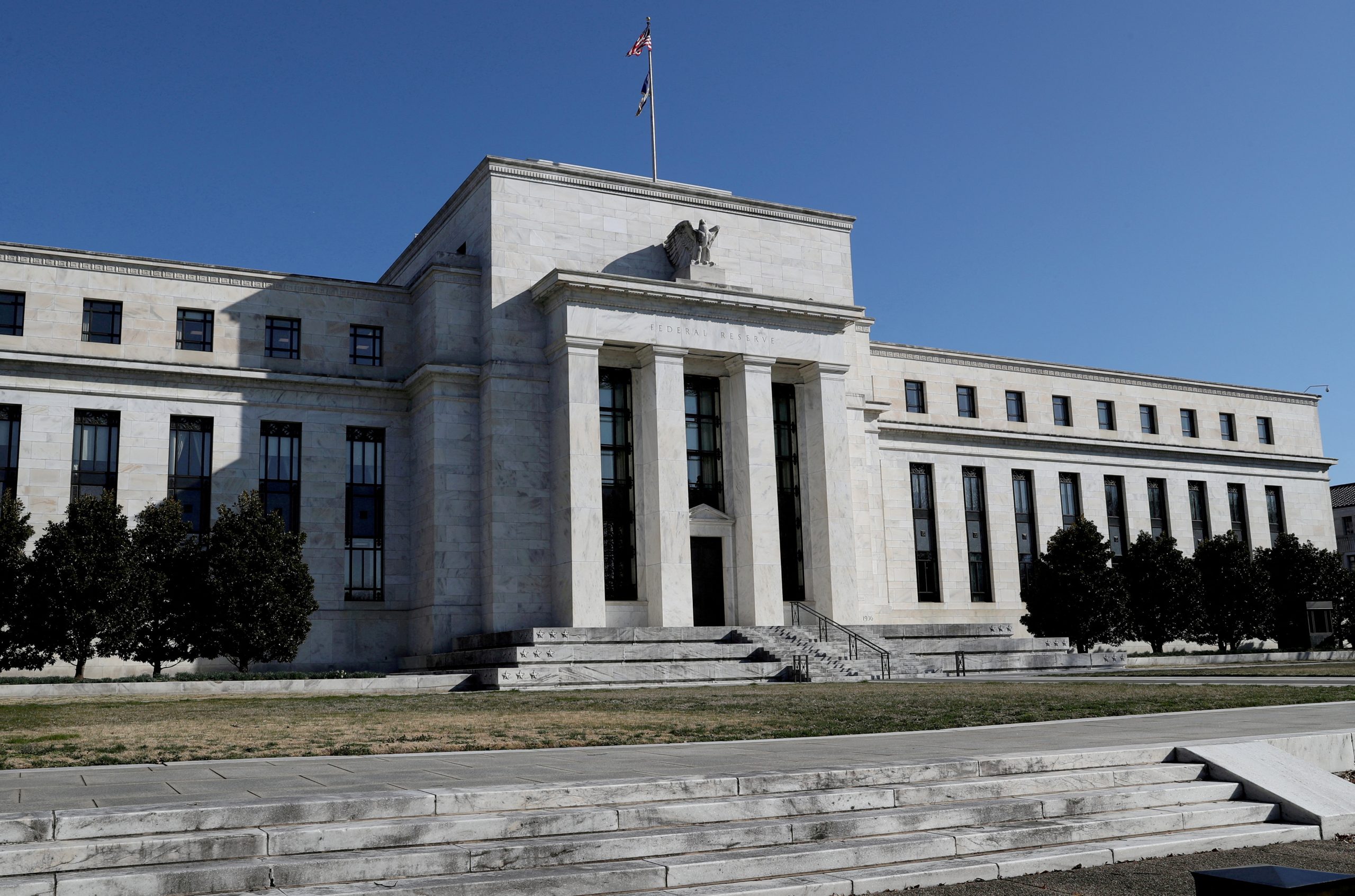
Chris Lange, FISM News
[elfsight_social_share_buttons id=”1″]
China has targeted the Federal Reserve for nearly a decade in an effort to undermine American monetary policy, according to a report from the Republican Senate Homeland Security and Government Affairs Committee.
The report details the actions of several U.S. central bank employees with close ties to China that constitute a national security threat, according to the committee.
The committee based its findings on an analysis of the Fed’s own “counterintelligence analysis” of information dating back to a 2015 internal investigation, according to a press release from the Senate committee.
The probe revealed suspicious patterns of “foreign travel, emails, details in curricula vitae, and academic backgrounds” among 13 individuals referred to as the “P-Network” who were employed at eight regional Fed banks. Their activities raised serious concerns inside the Fed at least several years ago, according to the report, though it is unclear what came of the investigation.
[Bejing] has engaged in a sustained malign influence and information theft campaign against the U.S. Federal Reserve System, taking advantage of America’s open and collaborative research practices.
The incidents cited in the report led the committee to conclude that Beijing “has engaged in a sustained malign influence and information theft campaign against the U.S. Federal Reserve System, taking advantage of America’s open and collaborative research practices.” The committee further concluded that the Fed has failed to effectively counter these efforts, nor has it established any safeguards to prevent it from happening in the future.
The report highlights five case studies of significant concern. In one instance, a group of Federal Reserve employees was discovered to have “close ties to Chinese academic organizations” connected to a “talent recruitment program” used by China to develop sources inside U.S. technical institutions.
The “Thousand Talents Program” was referenced in a previous Senate report as a means for China to steal intellectual property from the U.S. through research grants, academic lecture positions, and other perks.
The discovery led Federal officials to conclude “that there were organized efforts by foreign governments…to solicit Federal Reserve researchers,” according to the report, which also noted that one of the employees, who had “continuous contacts with Chinese nationals” attempted to “transfer large volumes of data” to an external computer.
Another central bank staffer had direct communications with China’s Xinhua Agency, described in the report as “an arm of the Chinese Government with propaganda and intelligence collection functions.”
The report also describes an incident in which a Fed employee who was “confronted about suspicious activity…resorted to adversarial tradecraft,” including the use of “unmonitored communications channels.”
One of the more shocking incidents highlighted in the report involved a senior Fed official who was “forcibly detained” by Beijing officials during a 2019 visit to China and threatened with imprisonment if he refused to disclose “sensitive, non-public economic data.”
This investigation makes clear that China’s malign efforts at influence and information theft are not limited to science and technology fields — American economic and monetary policy is also being targeted by the Chinese government.” – Senate Committee member Ron Portman (R-Ohio).
Portman noted that China’s government is “using every tool at its disposal to infiltrate and steal valuable information” and that American taxpayers are “unwittingly” funding China’s growing economic and military power.
The committee concluded the report with several recommendations, including the prompt enactment of the bipartisan Safeguarding American Innovation Act to protect American intellectual property “from foreign threats.”
The Fed also needs to create a “comprehensive strategy” to prevent the transfer of U.S. intellectual property and research by “illegal and extralegal” means and must establish security measures to protect confidential information, the committee said.
Federal Reserve Chair Jerome Powell challenged the report, saying that he is “troubled” by its “unfair, unsubstantiated, and unverified insinuations,” according to Reuters.
“Because we understand that some actors aim to exploit any vulnerabilities, our processes, controls, and technology are robust and updated regularly,” Powell wrote in a statement. “We respectfully reject any suggestions to the contrary.”
The Senate report is the latest in a spate of recent warnings from intelligence and law enforcement officials citing mounting evidence of China’s infiltration into U.S. institutions.
